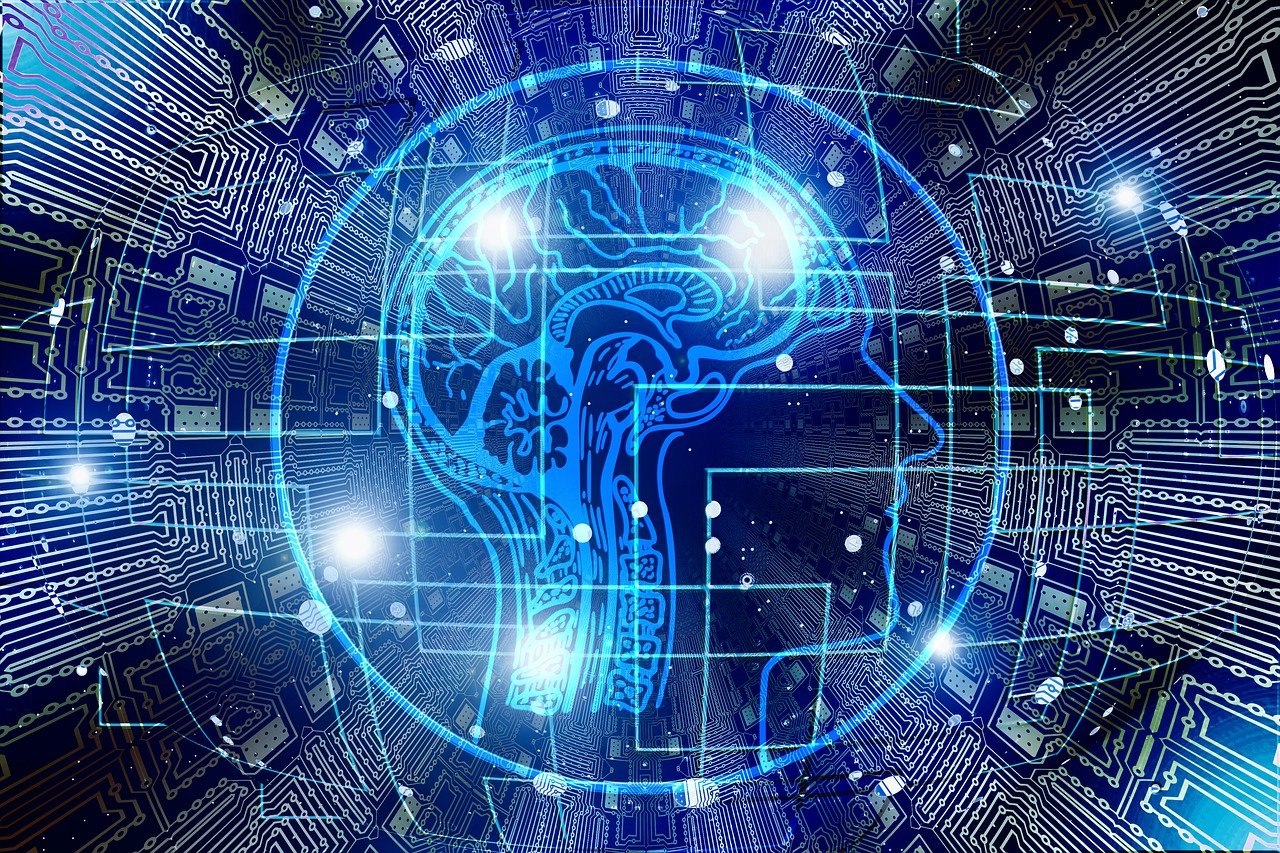The Role of Artificial Intelligence in Online Education

Artificial Intelligence (AI) is revolutionizing various sectors, and education is no exception. In recent years, AI has been increasingly integrated into online education platforms, transforming the way students learn and instructors teach.
In this blog, we’ll explore the role of artificial intelligence in online education and its impact on teaching, learning, and student outcomes.
Enhanced Personalization
One of the key benefits of AI in online education is its ability to provide personalized learning experiences tailored to individual student needs. AI algorithms analyze student data, including learning preferences, strengths, and weaknesses, to deliver customized content, recommendations, and assessments. Personalized learning paths help students learn at their own pace, focus on areas where they need improvement, and achieve better learning outcomes.
Adaptive Learning Systems
AI-powered adaptive learning systems adjust the difficulty level and content of course materials based on student performance and mastery of concepts. These systems use machine learning algorithms to dynamically adapt learning activities, quizzes, and assignments to match each student’s proficiency level. By providing targeted support and challenges, adaptive learning systems optimize student engagement, motivation, and retention, leading to more effective learning experiences.
Intelligent Tutoring Systems
Intelligent tutoring systems leverage AI technology to provide real-time feedback, guidance, and assistance to students as they navigate online courses. These systems simulate one-on-one tutoring interactions, offering hints, explanations, and remediation tailored to individual student responses. Intelligent tutoring systems can detect misconceptions, identify learning gaps, and scaffold student learning to promote deeper understanding and mastery of subject matter.
Automated Grading and Feedback
AI-powered tools for automated grading and feedback streamline the assessment process in online courses, saving instructors time and providing timely feedback to students. Natural language processing algorithms analyze written assignments, essays, and discussion posts to evaluate content, coherence, and grammar. Automated grading systems can provide instant feedback to students, allowing them to revise and improve their work in a timely manner.
Predictive Analytics
Predictive analytics algorithms analyze student data to identify patterns, trends, and potential risk factors that may affect student success and retention. By analyzing factors such as course engagement, performance, and behavior, predictive analytics models can predict which students are at risk of dropping out or falling behind. Early intervention strategies, such as targeted support and resources, can then be implemented to help at-risk students stay on track and succeed.
Conclusion
Artificial intelligence is reshaping online education by enabling personalized learning experiences, adaptive instruction, intelligent tutoring, automated grading, and predictive analytics. By harnessing the power of AI, online education platforms can enhance student engagement, improve learning outcomes, and provide more effective support to students and instructors alike.






